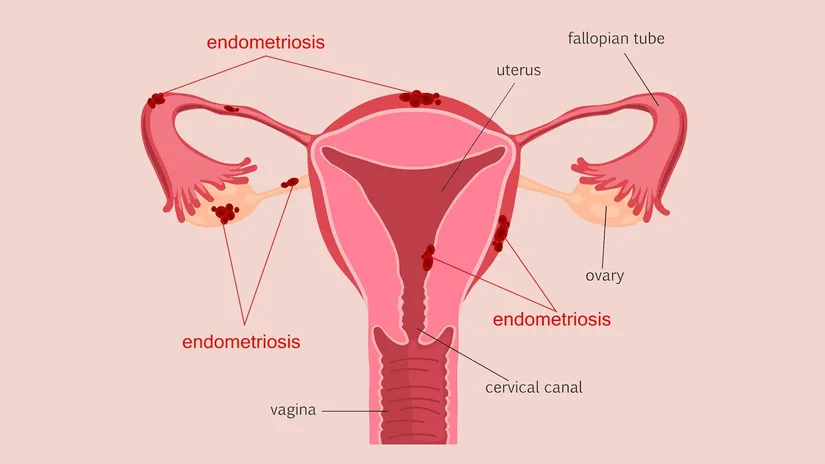Menstrual delay, which causes worry and anxiety when it occurs, is one of the common disorders among women. In cases of menstrual delay, which is also known by different names such as menstrual delay, menstrual delay, menstrual delay, menstrual delay, the first thing that comes to mind is the possibility of pregnancy. However, if it turns out that there is no pregnancy, it is important for the patient’s health that other underlying causes are found and investigated.
What is Menstrual Delay?
A healthy woman of reproductive age experiences menstruation once a month, except during pregnancy. This period is set between 24 and 31 days worldwide. In menstrual bleeding, which usually lasts between 3 and 7 days, if the interval between two periods is shorter than 21 days or longer than 35 days, it indicates menstrual irregularity. Having irregular periods a few times a year may seem normal, but frequent irregularities indicate that something is wrong in the body. Especially if menstruation is later than normal, lasting up to a week and ten days, it is a situation that should be taken into consideration.
Causes of Menstrual Delay
Pregnancy is the first thing that comes to mind when it comes to menstrual delay. However, stress, changes in living and working conditions, some diseases, some hormonal medications, ovulation irregularities, birth control pills, birth control injections, progesterone pills, etc. can lead to delayed menstruation. Apart from these, weight gain or weight loss, excessive exercise, thyroid diseases, breastfeeding, depression, high levels of prolactin (milk hormone), eating disorders such as anorexia and bulimia can also cause delayed menstruation.
Treatment of Menstrual Delay
The treatment process in menstrual delay is planned in accordance with the underlying factor of the disease. For example, if the cause of the delay is stress, menstruation can be monitored by eliminating stress factors. If the cause is the use of a medication, the medication may be changed. Since delayed menstruation is often caused by stress, overweight and ovulation irregularities, improving these factors will help to improve menstruation. This stage is based on the examination and tests performed by a specialist doctor. If the delays are caused by formations such as fibroids, polyps, ovarian cysts in the uterus or cervix, the patient may be treated with medication or surgery. If no reason for the delay in menstruation is found, the patient may be given menstrual suppressants in some cases.








